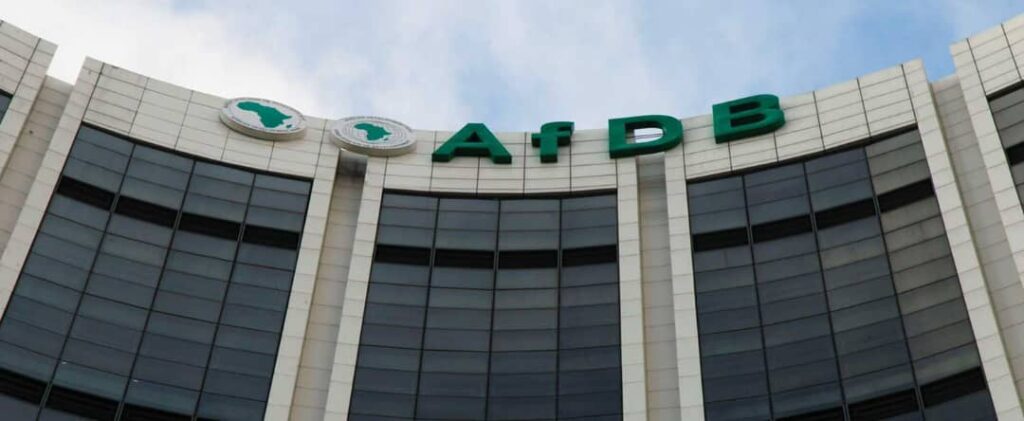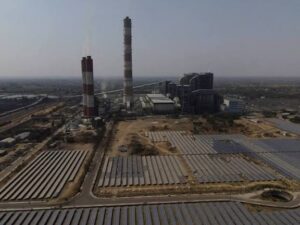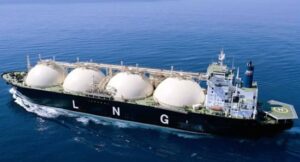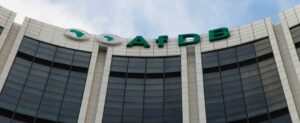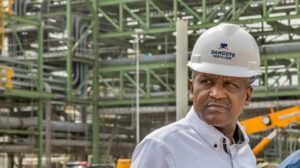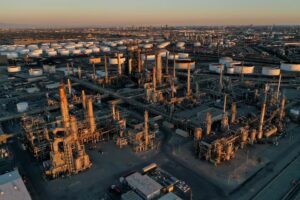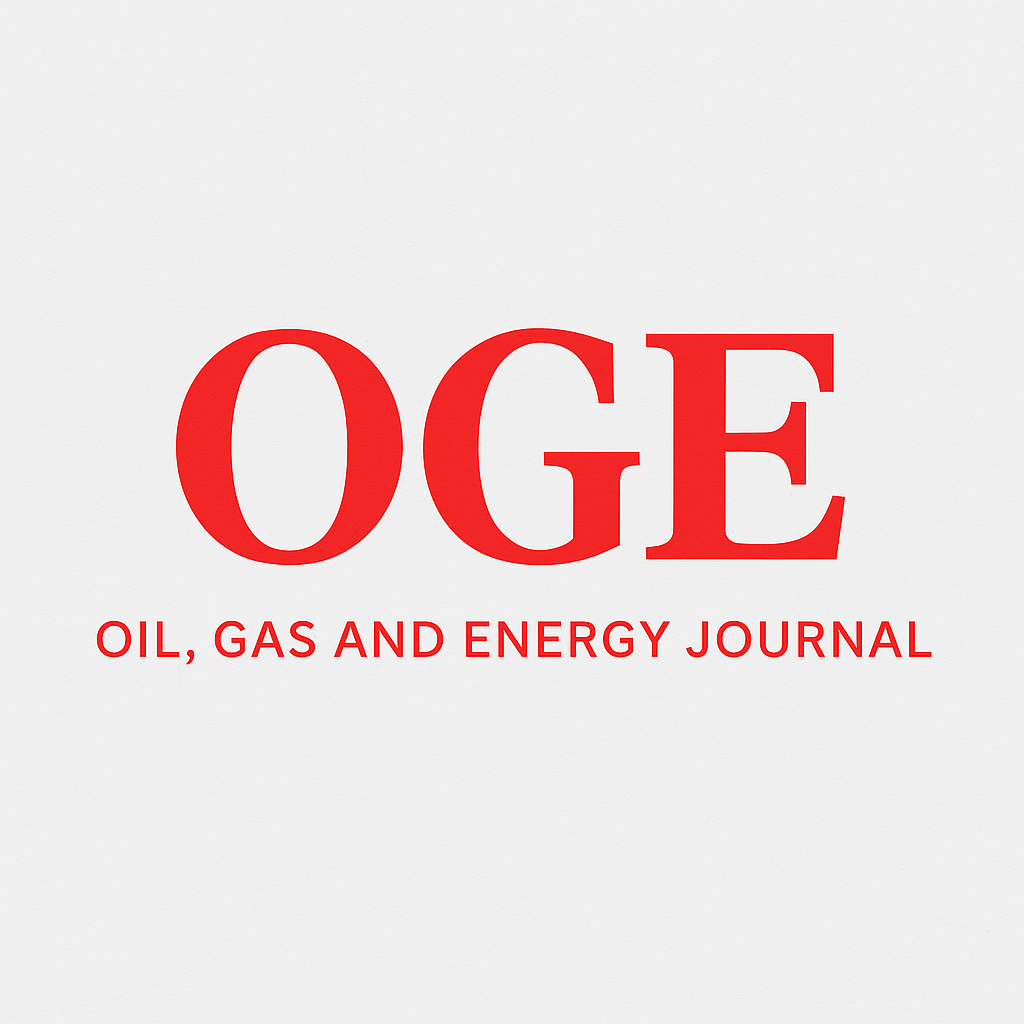The African Development Bank (AfDB) has approved a $100 million loan to the Emerging Africa and Asia Infrastructure Fund (EAAIF) to accelerate sustainable infrastructure projects across the continent. The financing aims to attract private investment and support initiatives in renewable energy, transport, digital connectivity, and other essential sectors.
According to AfDB officials, this partnership with EAAIF is part of the Bank’s broader strategy to close Africa’s infrastructure financing gap while promoting inclusive and resilient economic growth. The facility is intended to unlock long-term funding for projects that generate jobs, enhance economic activity, and improve the standard of living across Africa.
Mike Salawou, Director of the AfDB’s Infrastructure and Urban Development Department, emphasized the significance of the loan, saying it will enable private capital to flow into high-impact projects in emerging and frontier markets. Sumit Kanodia, Director at investment firm Ninety One, which manages EAAIF under the Private Infrastructure Development Group (PIDG), added that the funding will expand the Fund’s capacity to finance renewable energy, transport, and digital infrastructure initiatives.
This loan marks AfDB’s fourth contribution to EAAIF. The Fund is currently targeting $300 million in long-term capital for 2025 and aims to deploy over $850 million across Africa and Asia by 2027. While specific project locations have not been disclosed, the move is expected to significantly boost infrastructure development and climate resilience in the region.
In recent months, AfDB has actively expanded its support for African infrastructure. In September, the Bank invested $25 million in The Currency Exchange Fund (TCX) to improve local currency financing, and in August, it launched a $5.5 billion financing framework for sustainable development projects, leveraging private sector partnerships with institutions like the Japan International Cooperation Agency (JICA).
Through initiatives like these, AfDB continues to position itself as a key driver of investment in Africa’s critical infrastructure, aiming to foster economic growth, innovation, and sustainable development across the continent.

